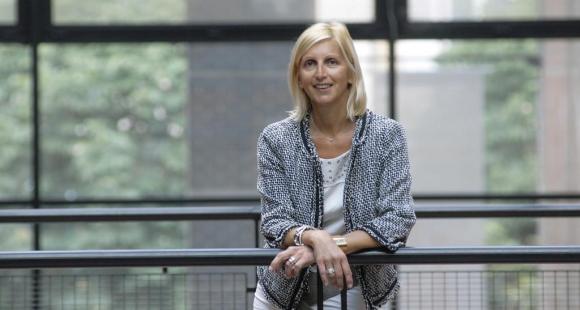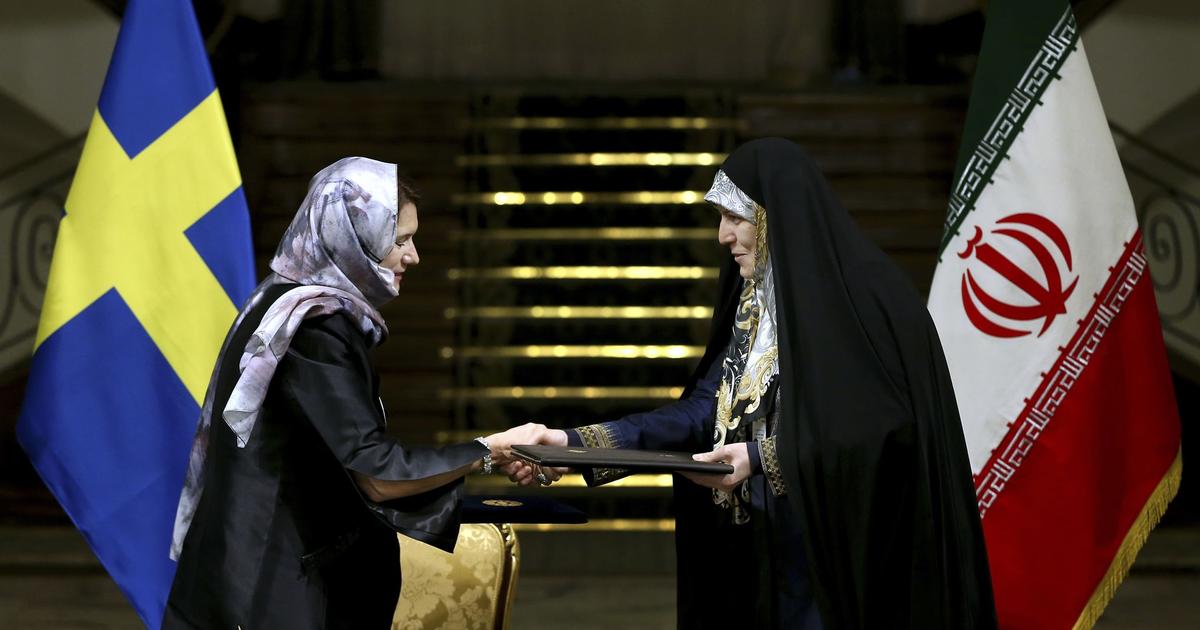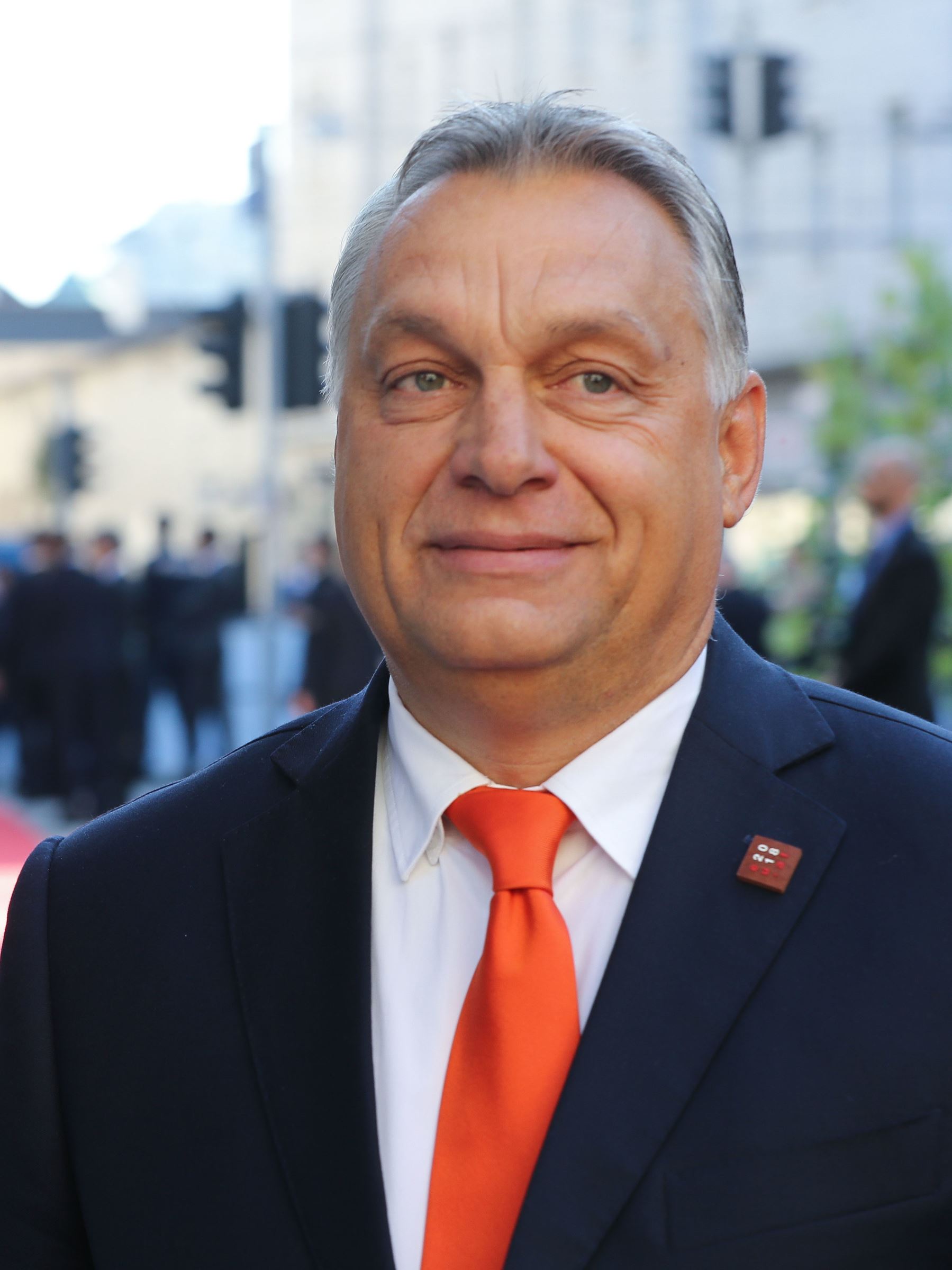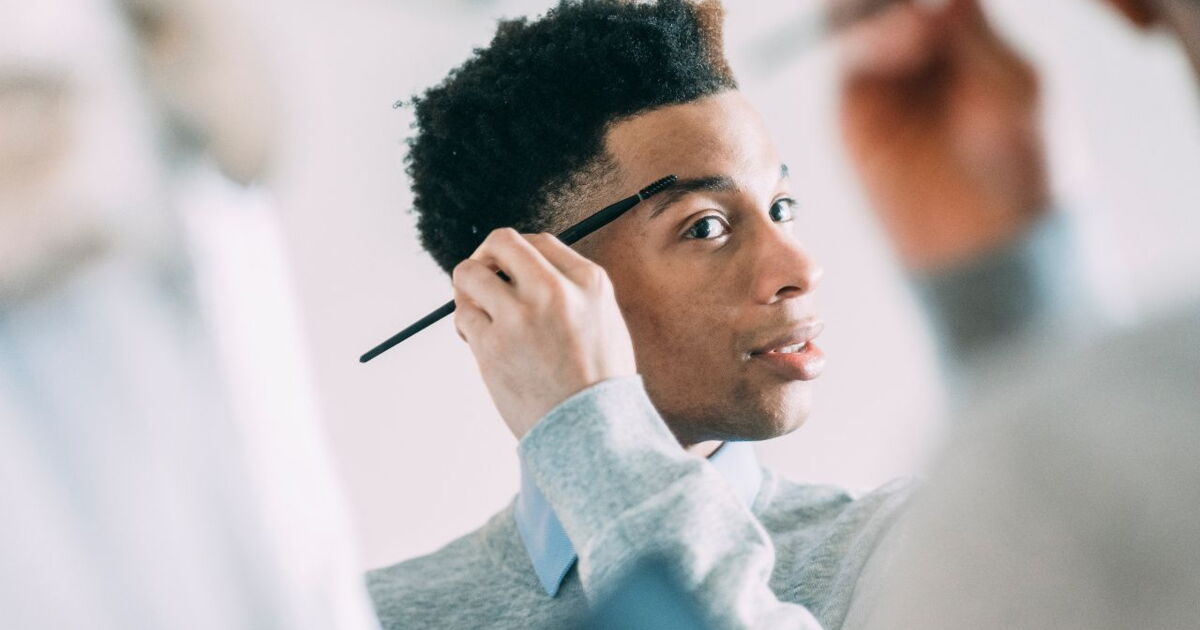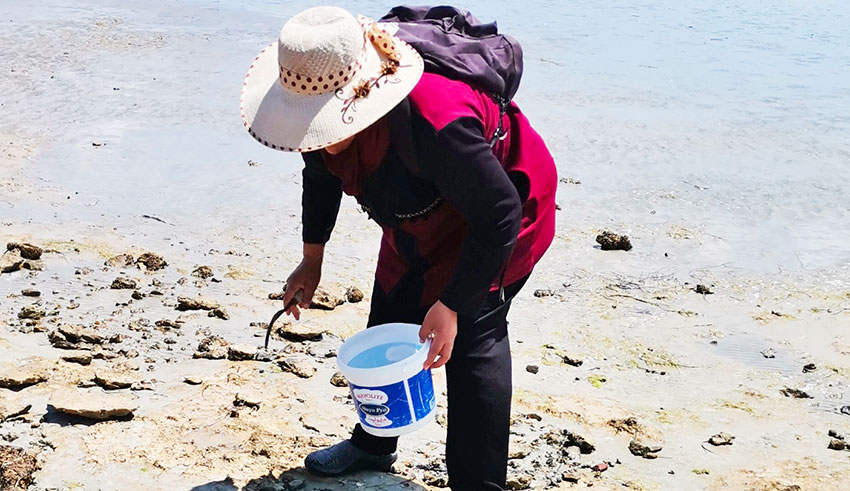“ I know you, come here! » Jessica Chastain pulls us into her arms. This is the sixth time we have interviewed the American actress. “ I remember the first time you were pregnant!“, she says. She's right, it was our first interview in Deauville in 2014, where she received an honor. But our first meeting actually took place in February 2012. A villa on the heights of Los Angeles, one evening in honor of Sofia Coppola, who shot the commercial for the Marni collection for H&M, Drew Barrymore, Winona Ryder and Liv Tyler strolled through the various rooms of the house. Bryan Ferry gave a private concert.
And then we noticed this sublime red-headed actress sitting on an armchair in the entryway. Alone. Without a photographer to bother him. Without a publicist getting in the way. So we stepped forward to tell him how much we loved him The Tree of Life, a film directed by Terrence Malick, who presented it to the world a few months earlier at Cannes, where it won the Palme d'Or. She smiled and blushed. “ It was the moment I realized my life was changing. It was very exciting“, she recalls. Jessica Chastain couldn't imagine at the time to what extent.
Seven years have passed, two Oscar nominations, a Golden Globe win, collaborations with the greatest directors – Kathryn Bigelow, Ridley Scott, Christopher Nolan, Guillermo del Toro, Jeff Nichols – and the founding of his own company, produced by Freckle Films. And even a Jay-Z clip, Family disputes, released in January and directed by Ava DuVernay. Not only has Jessica Chastain become one of Hollywood's most influential actresses, she has also proven to be the industry's best advocate for women's issues and is a founding member of Time's Up (an anti-sexual harassment movement founded on January 1, 2018). by several Hollywood stars in response to the Weinstein affair), an alleged feminist and passionate activist on social networks.
His next project in Cannes, 355, a 100% female spy film, was the most expensive film purchased by Universal at the Marché du Film this year, worth more than $20 million. On the set of our photo shoot, her social conscience is even reflected in her choice of look, in which she actively participates: a Dior sweater by Maria Grazia Chiuri from the May-68 homage that has “C” written on it. est non, no, no and no,” a direct reference to the issue of sexual consent that has been at the center of the news since the Weinstein affair began. Or suspenders with Borsalino that make her think she looks like ” a female version of Liberated.” Liberated, perhaps that's what describes her best.
It is interesting that you asked to offer a woman from the list of photographers for this photo shoot…
I've done some wonderful shoots with men. But most of the time I have no choice in the list of names presented to me. It seemed obvious to me to demand that women also appear there. And if their portfolio appeals to me, then I prefer them. In her destination I don't feel like eating sweets. It is often said that women are admired for the sexual desire they arouse, and this is reflected in photographs. When I work with a photographer who has a different perspective, she manages to capture something the public may not know about me.
You are one of the founding members of Time's Up and held the very first meeting in New York. When did you tell yourself it was necessary?
I'm not the only one! Two or three weeks after the Weinstein scandal, Reese Witherspoon called me and we asked ourselves what we could do to shift the industry to a healthier way of working. We met at her house and started sharing our experiences. Nobody said: ” We will start a movement“Little by little the idea took hold. And to be completely honest, I don't feel comfortable saying, ” I was there from the beginning“Because the people who were there from the beginning broke the code of silence. And without their courage none of this would have been possible. Silence is just as discriminatory as behavior. If you are successful where there is discrimination, you are by nature someone who practices that discrimination.
Are you already seeing changes thanks to the actions of Time's Up and the #MeToo movement?
Yes, it forced decision-makers to take a closer look at who they hired and to pay more attention to producing films that told stories centered around female characters. The platforms are becoming more inclusive and salary differences are becoming less common. The great thing about Time's Up is the growing number of women calling the hotline to get the resources they need to combat sexual harassment and assault across all industries.
What specifically could be done to give women access to the same positions and the same salaries as men?
Watch films written or directed by women and become familiar with the work of female artists. It is a matter of honor for me to work with directors like Susanna White, who directed me Woman goes ahead (2018) or Niki Caro in The zookeeper's wife (2017). Change is happening, and with this type of behavior we can be a part of it. According to a recent study, women do not get into high positions because they do not feel sufficiently qualified. But lately I've noticed that they have more confidence because they feel supported by other women. That's also one of the things that this movement has changed.
Do you think studios are finally ready to hand over the reins of blockbusters to female directors?
Yes, we're getting there little by little: Ava DuVernay directed A Wrinkle in Time, Patty Jenkins directed Wonder Woman, Niki Caro will direct Disney's new Mulan. I've seen a big difference in the last two years: women are directing films with budgets over a million dollars. We are at a monumental turning point and I firmly believe things will only get better.
Does change also happen through language?
Yes, when it is written that I play a “strong woman,” it means that most women are not. Why not just say that I play well-written roles? You never read about an actor being known for playing “strong male characters” simply because it is ingrained that all men are. We need to change the way we expect both genders to behave. And that goes through the words and vocabulary we use.
Have you ever felt like you should stay put as an actress?
I was told, especially in the beginning, that it could harm my career. But that always didn't matter to me: I don't want to work with someone who underestimates women. After filming, I began to speak out on this issue Zero Dark Thirty, where I observed sexist behavior, which was all the more shocking because the film was directed by a woman, Kathryn Bigelow. I think the industry now realizes how important it is to do this and it's been a while since I've received comments like this.
Was becoming a producer a way to take control of your career?
Producing has never been about advancing my career, but rather that of the actors I want to work with. Like Octavia Spencer, with whom I'm doing a Christmas comedy. When I learned that she earned five times less than a Caucasian actress despite winning an Oscar (in 2012 for his role in The color of feelingsEditor's note), I told myself that it was unimaginable. Equal pay for equal work! Others are more important to me than myself, I have always been lucky to have many opportunities. My production allows me to highlight stories and characters that are rarely told.
Like 355, unveiled at Cannes?
Yes. After doing some research, I realized that female-directed films work better than male-directed films and that there is a real lack of female-led spy films. The partners I personally sought out are all women and actresses I deeply admire: Marion Cotillard, Penélope Cruz, Lupita Nyong'o, Fan Bingbing. I wanted to make sure we all got the same pay and had the same screen time. It's a real community project, not just another job.
Until then, see you in the next one X Men: Dark Phoenix. In what role?
That of Lilandra, a negative energy (his publicist interrupts him with a smile: “Are you really sure you want to cross this line?” “). True, I have no right to talk about it. But I enjoyed filming with Sophie Turner, for whom it was her first leading role. It's important to support young actresses and I was lucky to find James McAvoy, who I worked with The disappearance of Eleanor Rigby.
It was never released in France, although it was shown in Deauville… Still, it was a strong film.
Uh! Did you like it? (She seems genuinely surprised, and so are we. It marks a silence.) It was my first production. In fact, we made two films with director Ned Benson to tell the same story: one from the woman's point of view, the other from the man's point of view. When Harvey Weinstein bought the distribution rights, he decided to combine them into a single film. And it ruined it.
Do you want to tour outside the United States?
I would like to tour Europe. I admire Michael Haneke, Olivier Assayas… Hey, can you tell me the name of a French director whose work I should check out?
Katell Quillévéré, Lucie Borleteau, Julia Ducournau, Marie Monge, Céline Sciamma, Mia Hansen-Løve… I'll send you a list.
Yes, please ! Unfortunately, French cinema does not always reach the United States.
You have been a Piaget ambassador for three years. To what extent is this role a complement to your profession as an actress?
When I'm preparing for filming, they always suggest jewelry to production without ever imposing anything. For Miss Sloane (2016), they lent a male watch to a woman of power. For The big game (2017), in which I played a powerful but more glamorous woman, a very sexy long necklace “Possession”.
Looking back, what advice would you give the young Jessica Chastain?
To stop being so hard on myself. Not worrying about what others say to me. To have more self-confidence. Today I get along very well with myself.
X Men: Dark Phoenix, by Simon Kinberg. In cinemas from February 13th.
———————
Also read:
Laetitia Casta: “I’m looking forward to turning 40”
Chloë Grace Moretz: “I want to make films in which young people can feel accepted”
Riley Keough: “I work really hard to earn my place”



